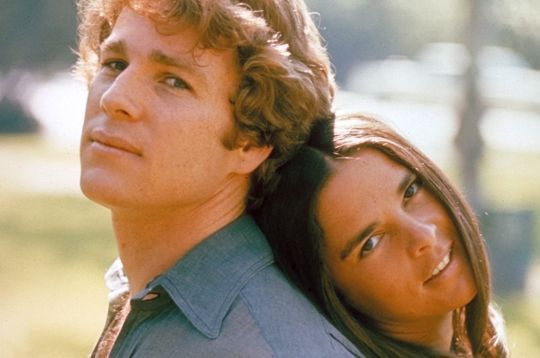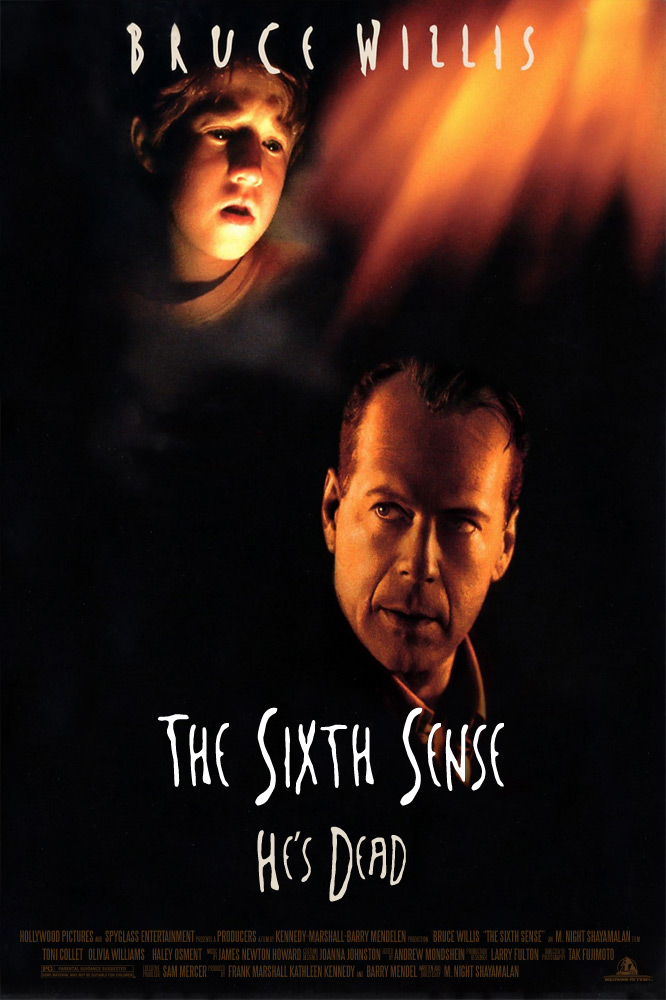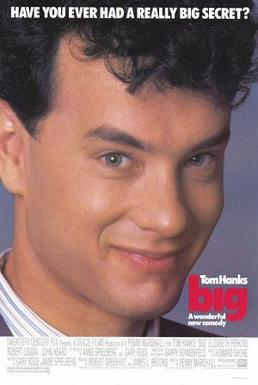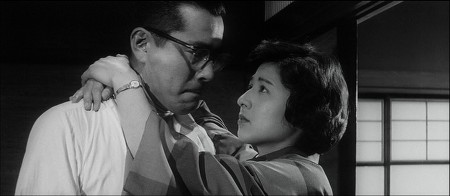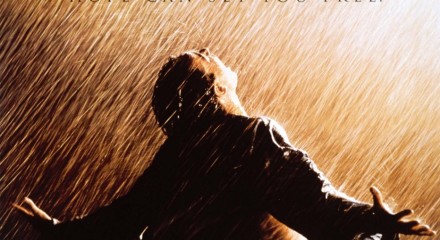.jpg)
Image courtesy of wikimedia.org
Some moments last way too long. We can celebrate a promotion and excite over a date. We can treat ourselves to a mud bath one weekend and to a Caribbean cruise on another. But just as the moon compliments the sun and stormy weathers counter clear skies, monotony intervenes to temper all in life that give us a caffeine rush. Every day becomes a scene on a DVD programmed on replay, which is the reason vacations exist.
The problem is that it isn’t easy to take off. People rely on us to get a job done, be it at home or at work, and the amassment of responsibilities results in a regimen that imprisons. We serve jail time similar to which Bill Murray as Phil in “Groundhog Day” (1993) is sentenced, only he has no escape, not even through such devices as jumping off a building and putting a gun to his head. The world is in a time warp. From death or sleep, Phil opens his eyes every morning the alarm clock rings to relive the 24 hours that had just passed so that every day is Groundhog Day in Punxsutawney. That’s our Monday to Friday schedule right there (or Sunday to Saturday).
Phil hates this day. He hates his job. He’s a reporter who every year covers the seasonal event of a squirrel that emerges from its burrow to mark the arrival of spring in this Pennsylvania town. A lumbering presence, Phil has eyes that judge and hair so unruly that it bespeaks his disregard for social etiquette. This drives colleague Rita (Andie MacDowell) crazy, she who is sweet in personality and face. Actually, she’s gorgeous. Teeth made for toothpaste ads visible through a habit of smiling and complexion as fresh as dawn, she’s a mismatch for Phil. We know the two are going to fall in love. The question is how, especially when a Cosmo cover girl and a pock-marked comedian who could pass as a Haight-Ashbury stoner play the leads.

Image courtesy of wombania.com
“Groundhog Day” provides the ideal recipe. The quagmire of the world revolving backwards pairs Phil with Rita again and again. Although he may not like her any more than she likes him, he has to notice that she’s pretty, and as any man would do to a pretty girl, he maneuvers to bed her. Phil smooth talks Rita in the hotel bar, a diner, at a park where they build a snowman – locales now his personal stomping grounds. Should he say a line that distances her, he fishes for the right one and recites it at the next round of this same day.
In getting to know Rita, Phil changes. Pick up moves met with a slap on the face give way to a caring hug. That’s what love does. It brings the best out of us. Phil at last has a reason to rise out of bed, to live. Never in all the years that our couple has teamed as co-reporters had either one anticipated this turnaround in their relationship. As Rita says, “How can you start a day with one kind of expectation and end up so completely different?”
I remind myself of this in my bedtime prayers. There was a time I was entrapped in a job, a righteous job in the arena of HIV/AIDS prevention, but one nevertheless that had lasted so long that I became restless. The comings and goings of co-workers over the decade and a half left me in a state of seclusion. I was alone in my department as the most long-standing employee, a longevity I had not planned on. My tenure at San Francisco AIDS Foundation was initially a means of pocket money, not a career. I believed when I started that in a year I’d be out of there and out with a big book, the perks of literary success exempting me from the doldrums of a regular existence. One year led to another, and then the years accumulated to equal the duration of high school, college, and graduate school combined, plus an extra 16 months.

Image courtesy of aimgovtjob.com
As office mates bid farewell in e-mails where they enthused over prospective challenges, beginnings, and adventures, I wrote. “Love Carousel,” a novel about a pair of high school sweethearts who struggle with class and cultural dissonance, took me five years. The project was a challenge since it was on a topic with which I had a dearth of experience. I needed to fabricate. That my duty of data entering donations was a mechanical task that I never brought home gave me numerous evenings and weekends to indulge in my creative juices.
The comfort of familiarity worked especially well with “My Wonder Years in Hollywood,” a two-year venture which I began in November of 2011 and completed in the same month of 2013. We look for signs. A conversation between a co-worker and me planted the seed to “My Wonder Years in Hollywood.” I told him of weekends in Manila with my mother and sister in which we would watch old movies on the betamax, sparking reminiscences from my mother of her first viewing of them as a young lady in the 1950s, at which Jim said, “That’s your next novel.” Had I left San Francisco AIDS Foundation any sooner than I did, then this 399-page tribute to family, romance, and the cinema through the coming-of-age adventures of a character based on… take a guess… would never have been.

Image courtesy of media.dmnews.com
At present, I’ve a got a film blog. I started it the beginning of this year. My postings are not reviews, lest you misunderstand, rather than personal essays on the inspirational impact of movies from the Silent Era to the present, each one an instant catharsis readable to all on the internet. So entrenched was I in a pattern of boredom that I would write my postings during work time. Such was my method of gaining gratification from my own Groundhog Day for nearly two years upon penning the last sentence to “My Wonder Years in Hollywood.”
“That’s good, but that’s not good, Rafaelito,” said Dan, a friend who himself had left the foundation a few years ago. He was right. The furrow I had buried myself in so that I could write was a crutch that prevented me from exploring other avenues of the world. Once Phil warrants Rita’s affection, the earth proceeds to turn on its axis. So it had to be with me. “My Wonder Years in Hollywood” was the reason for my 14 years in one spot. Movement was due. The path I am currently on is in education, fundraising in a school from kindergarten to the eighth grade. A new database, a new environment, a new set of office mates… this newness requires major adjustment. It will happen. I’ll develop a rhythm that will be second nature, and in this will germinate an itch for something else, something more.
Even so, nothing can ever grow so stale that the possibilities a spark of newness promises are completely doused. Look at what Phil discovers of Rita that in turn leads to another discovery, his own ability to love: “You like boats but not the ocean. There’s a lake you go to in the summer with your family, up in the mountains, with an old wooden dock and a boathouse with boards missing in the roof, and a place you used to crawl underneath to be alone, and at night you’d look up and see the stars. You’re a sucker for Rocky Road, Marlon Brando, and French poetry. You’re wonderfully generous; you’re kind to strangers and children; and when you stand in the snow, you look like an angel.”

Image courtesy of s.yimg.com
“Your Mr. Darcy awaits,” Dan said. My Mr. Darcy… and so much more.
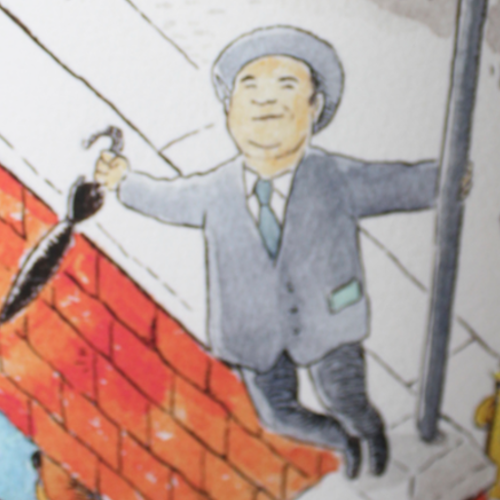

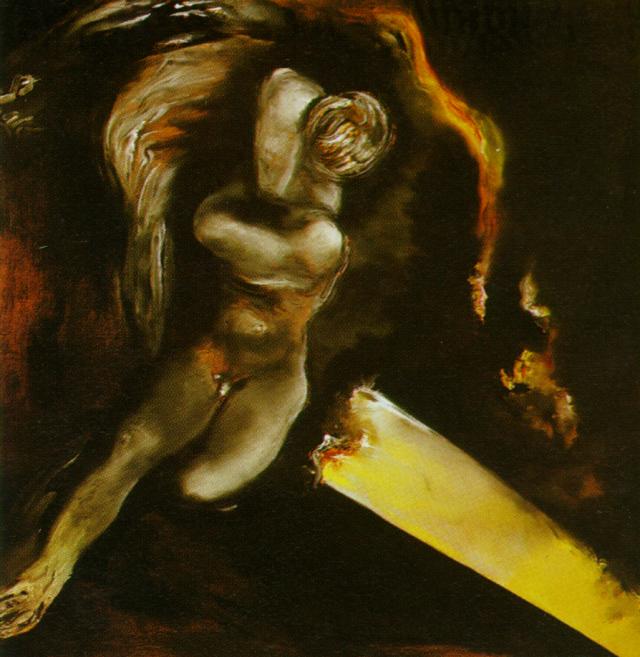


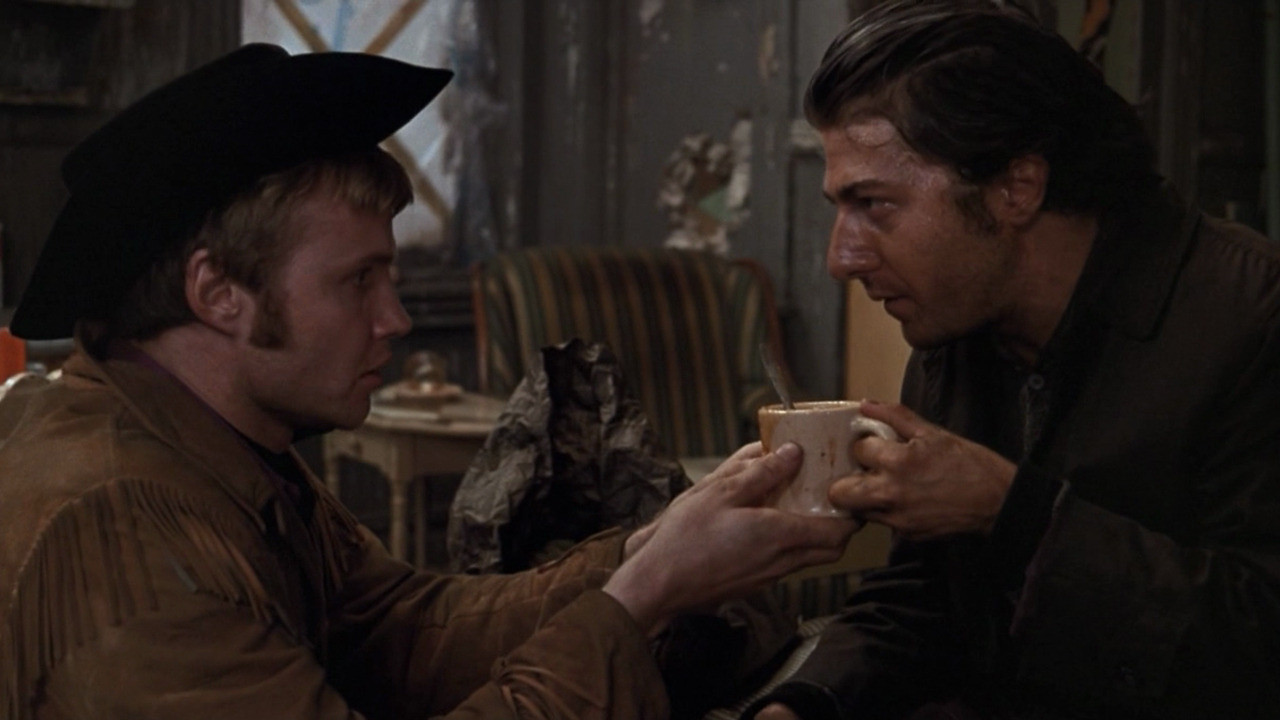









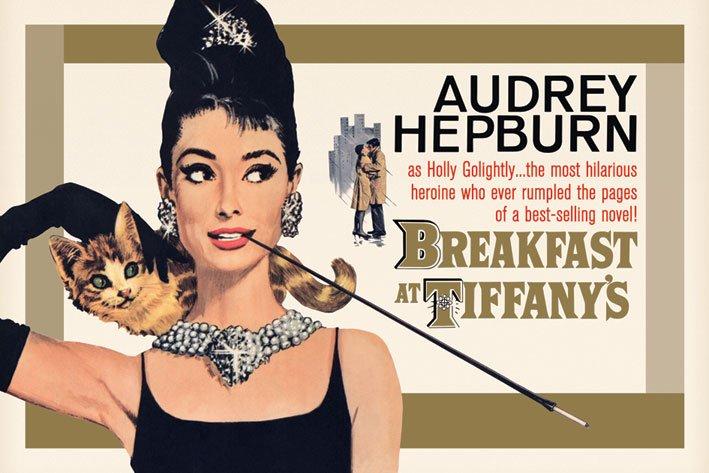






.jpg)


